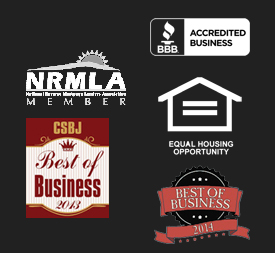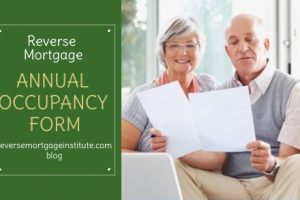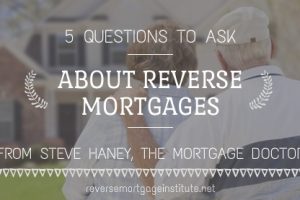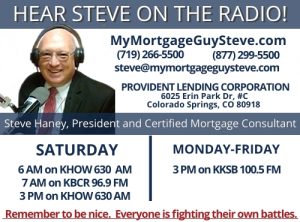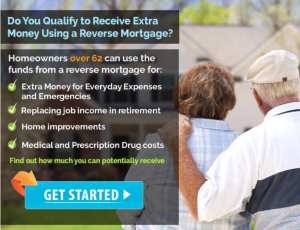ABOUT US
The Reverse Mortgage Institute is run by Steve Haney of Provident Lending, known in the front range as The Mortgage Doctor, from his popular radio show.
The purpose of The Reverse Mortgage Institute is to bring information about the new reverse mortgage to seniors, to give them a choice about how they live their retirement.
© Copyright 2015, The Reverse Mortgage Institute
719 Lending NMLS: 1601989
Provident Lending Corp NMLS #: 229099
Steve Haney NMLS #: 229020
Steve Haney State License #: 100017813
Regulated by the Division of Real Estate
Disclosure:
These materials are not from the U.S. Department of Housing and Urban Development (HUD) or FHA and have not been approved by HUD or a government agency.
The Reverse Mortgage Institute can only originate loans in the state of Colorado.
Search Our Site
Contact Us
The Reverse Mortgage Institute
104 S. Cascade St. Ste #201
Colorado Springs, CO 80903
Click to call: (719) 266-5500
Click to email: [email protected]
104 S. Cascade St. Ste #201
Colorado Springs, CO 80903
Click to call: (719) 266-5500
Click to email: [email protected]
